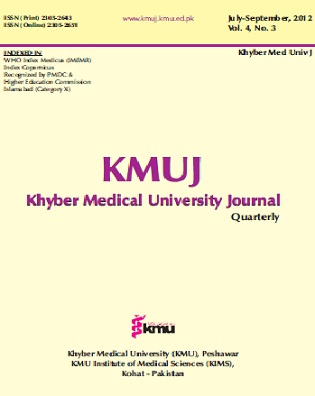DEVELOPING NATIONAL CONSENSUS FOR CME ACCREDITATION SYSTEM
Main Article Content
Abstract
The purpose of accreditation in Continuing MedicalEducation [CME] is to improve medical education tochanging conditions in the health care delivery systemand to prepare doctors for the needs and expectationsof the society. The imminent outcome of CME is to “buildoneness” in the incorporation of essentials of globalguidelines in the national standards and to work out theaccreditation pathways and procedure.It may be borne in mind that medical education isnot an abrupt phenomenon. It is a continuum from premedicalstudies to undergraduate education and then topostgraduate studies and thereafter to CME or continuousprofessional development [CPD]. It doesn’t work inisolation.Accreditation of CME is a risk reduction strategy.The value of accreditation is that it provides a process ofimprovement and development of the system. Standardsand indicators must be identified, but achieving consensuson standards is the greatest challenge. Accreditationis concerned primarily with standards, whereas,quality assurance pertains to “fitness for purpose”. Thus,in order to achieve an optimal outcome, both accreditationand quality assurance are essential.The question is why do we need National CME accreditationprogramme? The answer is simple, becauseit’s non-existing in the country, [though there are someguidelines available for undergraduate and postgraduatemedical curriculum]. In addition, CME is outcomeoriented,socially accountable, quality assurer and unbiased[especially from industry influence]. There are certainrequirements to invent an accreditation system. Itshould be based on standards and must be independent,transparent, non-profit making and accountable.Furthermore, it should be acceptable to all major stakeholders,and efficiently administered. CME accreditationsystem may not be sustainable if it doesn’t possess adequatehuman, material and financial resources andabove all, national legitimacy. Accreditation system possessessome desirable qualities like it is self-limited, voluntary[with incentive], acceptable, credible, relevant,valid and reliable. It is important that it should be feasiblefor given socioeconomic, political and cultural situations.
Article Details
Work published in KMUJ is licensed under a
Creative Commons Attribution 4.0 License
Authors are permitted and encouraged to post their work online (e.g., in institutional repositories or on their website) prior to and during the submission process, as it can lead to productive exchanges, as well as earlier and greater citation of published work.
(e.g., in institutional repositories or on their website) prior to and during the submission process, as it can lead to productive exchanges, as well as earlier and greater citation of published work.
